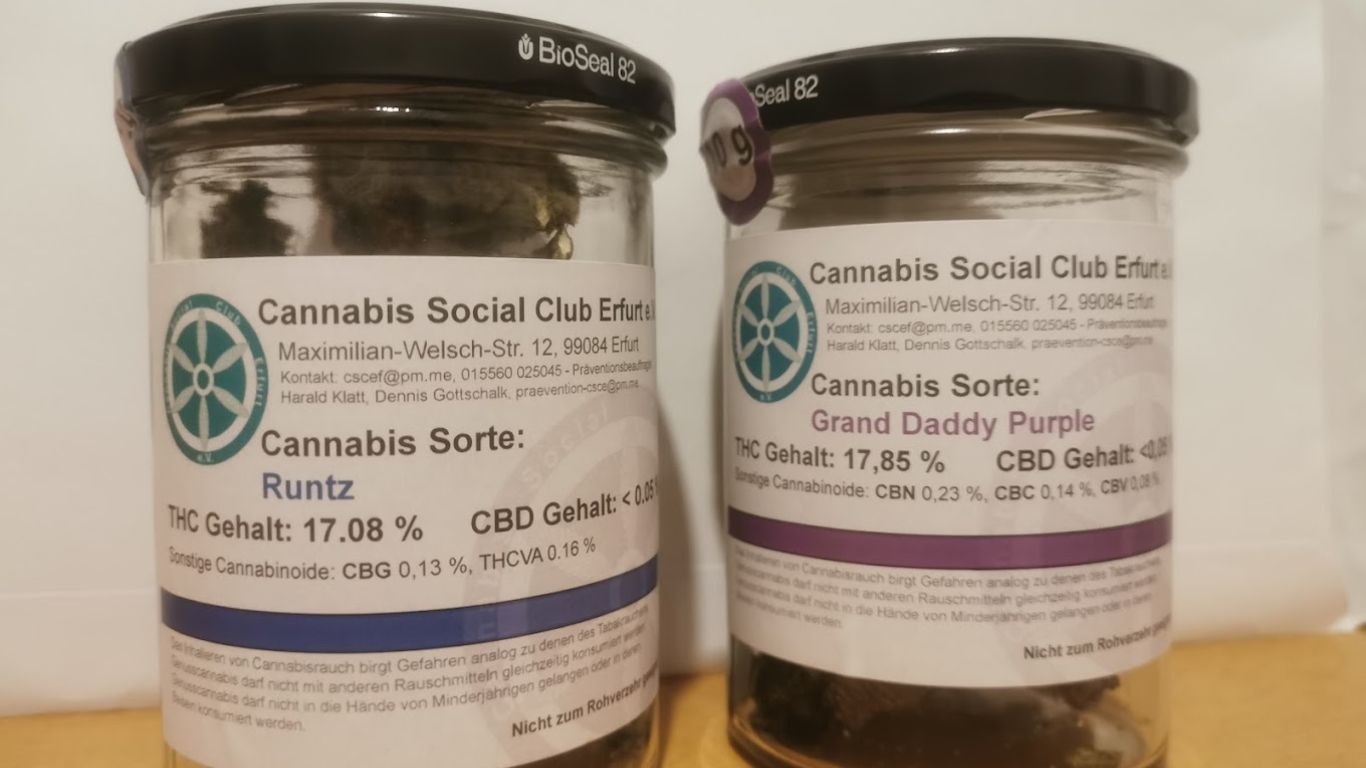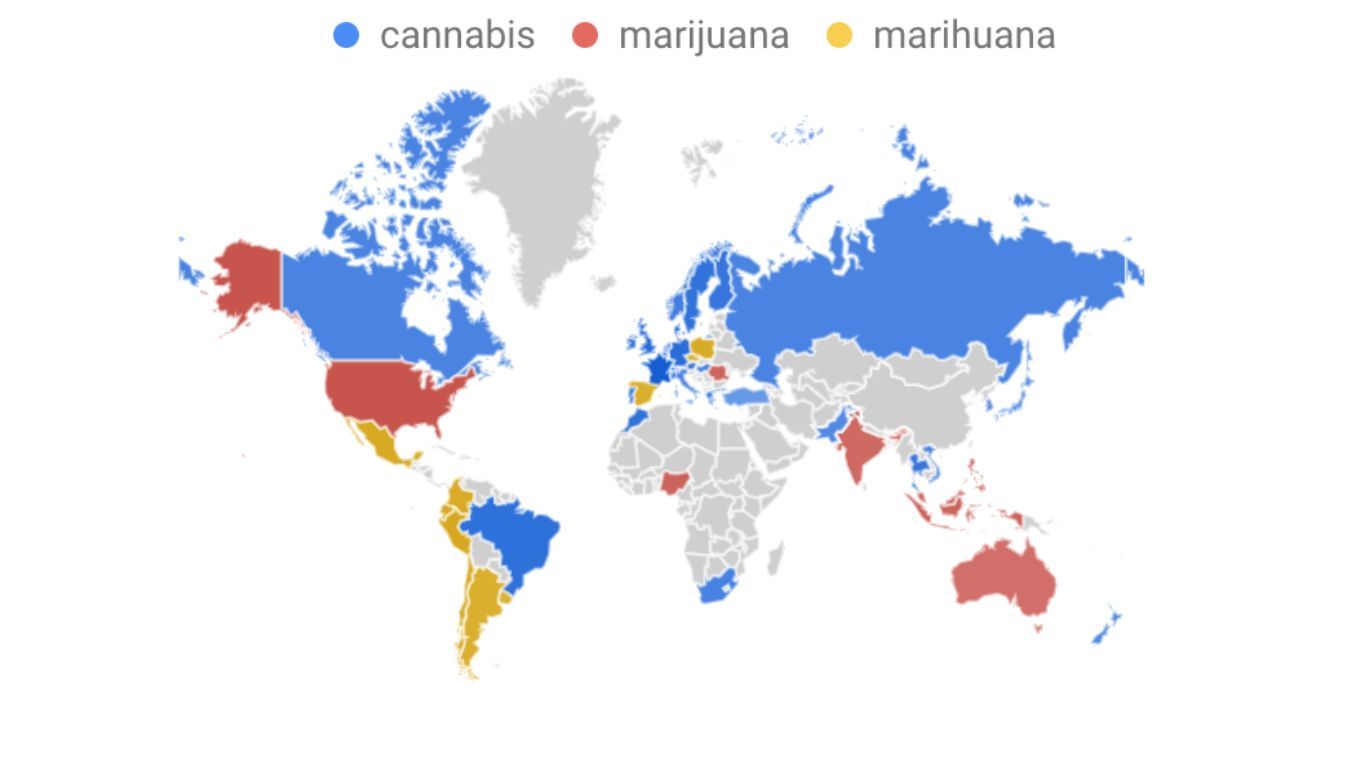
Legalization in the US could mean a a $60 billion market, but the path forward will likely be a slow one, says one analyst.
One BMO analyst says Biden’s election and the possible passage of the MORE Act in the US could offer opportunity for Canadian cannabis LPs, but also bodes negatively for those LP stock valuations, at least in the short term.
In a recent interview, Tamy Chen, BMO’s cannabis analyst, discussed the recent US election, what the future of cannabis in the US’s potentially-$60 billion market will look like under Democratic leadership, and what this might mean for Canadian cannabis companies.
Overall, Chen urges caution about the pace of any potential changes to US cannabis laws, noting that the current Congress has a lot of other current issues that are probably greater priorities than cannabis law reform. She also points out that even if eventually passed, the MORE Act—the most current cannabis legislation on the table— will not impose full legalization across the US, and will likely take time to be fully implemented and integrated into US law.
“If the MORE Act is passed, say tomorrow,” continues Chen, “it’s very likely that it’ll be business as usual on a state-by-state basis for these U.S. cannabis companies for some time, because federal bodies (such as the DEA, the FDA, the Department of Commerce, etc.) need time to establish their position and their standards.”
Tamy Chen, BMO’s cannabis analyst
“Congress is facing a number of issues,” says Chen, “some of which are more pressing than cannabis, specifically the ongoing COVID pandemic. So, I suspect cannabis law reform is probably on a lower priority level than, say, COVID. And so overall, I think it will take some time for any actual passage of bills that specifically address federal cannabis law. I think just because the Democrats have taken the Senate, which is a big milestone, I think investors should not assume that within a few months we’re going to have big changes in U.S. federal cannabis law.”
“… If the MORE Act is passed, say tomorrow,” continues Chen, “it’s very likely that it’ll be business as usual on a state-by-state basis for these U.S. cannabis companies for some time, because federal bodies (such as the DEA, the FDA, the Department of Commerce, etc) need time to establish their position and their standards.”
If passed, Chen says the MORE Act could bring new opportunities for Canadian cannabis companies to more formally enter the US market. However, this could also take away the advantage Canadian cannabis stocks have had over the US market, since the MORE act would finally make investment in US cannabis companies legal.
“If the MORE Act is passed, it would allow Canadian cannabis companies or licensed producers or short form LPs to enter the U.S. cannabis market. And now this would be a positive for them, because the U.S. cannabis market is just so much bigger than the Canadian market. But, it takes a lot of resources to have a good shot at the U.S. market, because the Canadian LPs would essentially be coming in as laggards versus the U.S. companies that have already developed, to some extent, infrastructure and brands on a state-by-state level.
“I think passage of the MORE Act, if that were to happen, I think it would be negative for Canadian LPs stock valuations, but positive for the U.S. cannabis companies.”
Tamy Chen, BMO’s cannabis analyst
“For U.S. companies, I don’t think the MORE Act has much of an impact as it would for the Canadian LPs. As we’ve discussed earlier, for the most part, I expect it will be business as usual for them until there’s more clarity and more progress at the federal level, in terms of regulations on things like potential interstate commerce or not, and distribution channels. Secondly, on stock valuation, I think passage of the MORE Act, if that were to happen, I think it would be negative for Canadian LPs stock valuations, but positive for the U.S. cannabis companies. And what I mean by that is, historically, the valuation for Canadian LPs have been at a premium to the American cannabis companies. And a big reason for that is many investors cannot deploy capital into what are technically federally illegal businesses. But if the MORE Act were to pass, investing in a U.S. cannabis company would no longer be illegal. So, I think there will likely be a flow of capital or funds flow moving from Canadian LPs to the U.S. companies.”
She also emphasizes that the MORE Act itself is not formal legalization, as it would not make cannabis legal in any states that have not already legalized it. Instead, it should be seen as a descheduling of cannabis. But this descheduling is what opens this opportunity for Canadian cannabis companies to potentially enter the market.
“What the MORE Act does, if passed into law, it removes cannabis from the Controlled Substances Act. So, actually, the correct technical term here is federal descheduling. It makes cannabis no longer federally illegal, but it also doesn’t make cannabis federally legal. It does, however, allow companies that previously could not enter the U.S. cannabis market due to the federal illegality to now be able to enter. So, for example, Canadian cannabis companies as well as big alcohol, tobacco, or CPG, if they should so choose to. And should these companies choose to enter, they must only be able to enter and operate within states that have legalized cannabis.”
Chen also says that entry into the US market could be an avenue for export for some Canadian companies sitting on large supplies, but that any potential imports will be complicated by a state-by-state approach.
“And lastly, I want to make this point clear, because I get this question a lot. Investors look at the Canadian market and see big oversupply – Canadian LPs have overbuilt to the market size. To be clear, Canadian LPs cannot import cannabis from their Canadian facilities to supply legal recreational states. United Nations treaties prohibit that. Canadian LPs can, however, import cannabis from their Canadian facilities to supply legal medical demand. But you’d probably have to get permits on a batch-by-batch basis for cannabis to cross country borders for medical purposes. And I say that because when I look at other geographies, like Germany, that import medical cannabis, that’s basically how it works. So, you can imagine getting permits on a batch-by-batch basis, not a very efficient supply chain or supply source. And usually in states that have fully legalized both medical and recreational, it’s usually the case that recreational demand or the recreational market size is the lion’s share and much bigger than the medical market.”











